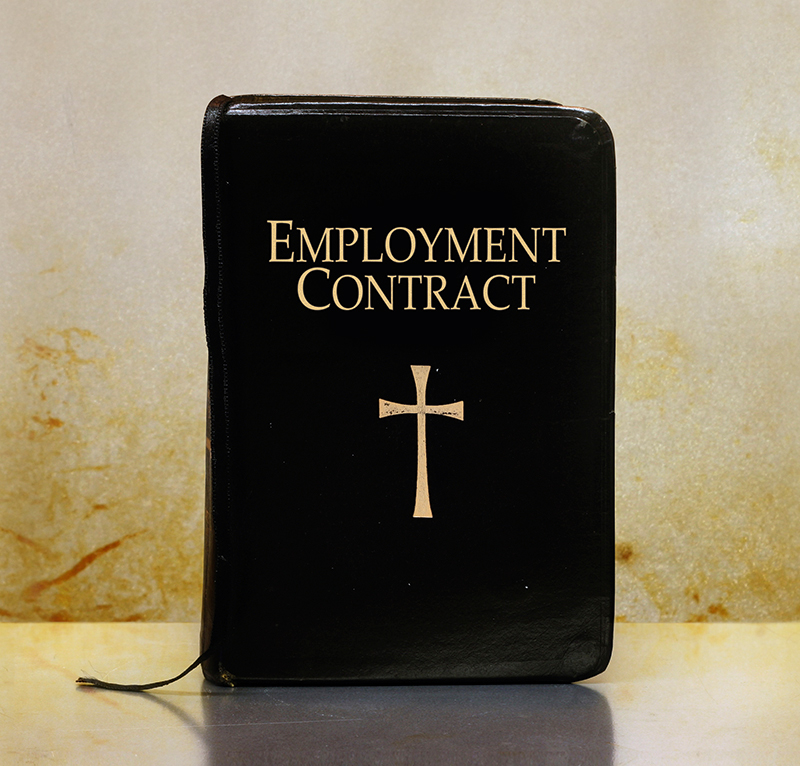
What legal obligations are owed to the servants of God? Mark Hill QC discusses the judgment & impact of Preston
"Ye Servants of God, Your Master proclaim”
So wrote Charles Wesley, hymnodist and father of Methodism, in the 18th century. But what legal obligations are owed by an earthly master to a servant of God as a matter of secular employment law today? This was the question addressed by the Supreme Court in President of the Methodist Conference v Preston [2013] UKSC 29.
Facts
Haley Preston was ordained into the Methodist Church and in 2006 she was appointed to the post of Superintendent Minister to the Redruth circuit, from which she felt compelled to resign after three years. She brought a claim in the employment tribunal, alleging unfair constructive dismissal. A preliminary issue was whether she was an employee of the Methodist Conference within the meaning of s 230 of the Employment Rights Act 1996. If employed under a contract of service, she would qualify, bringing with it statutory protection against unfair dismissal.









